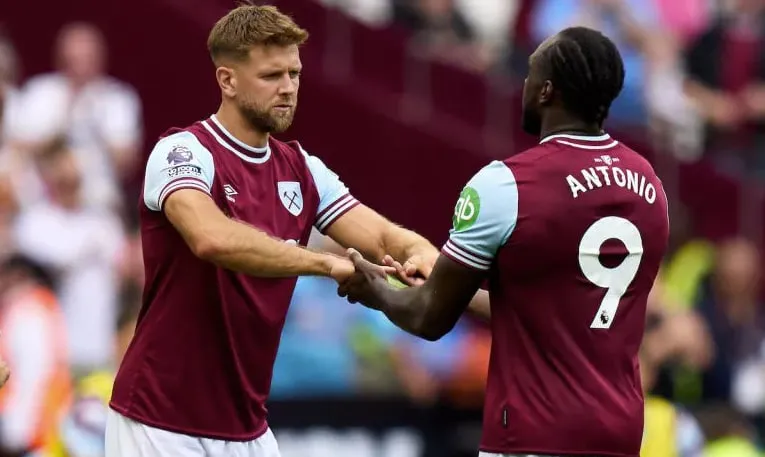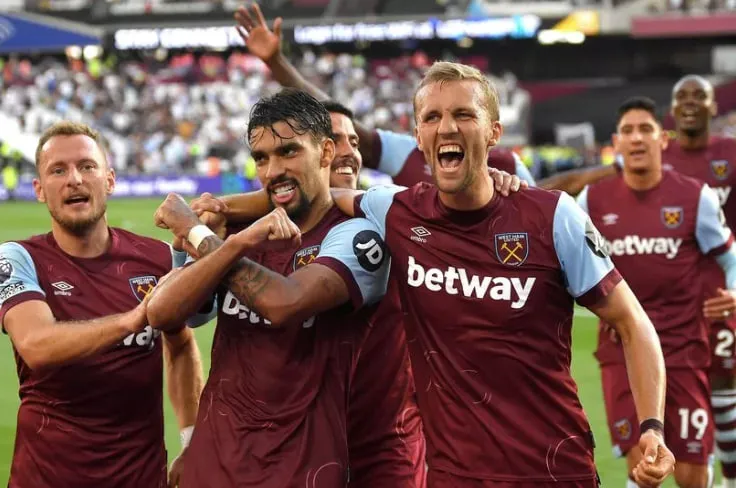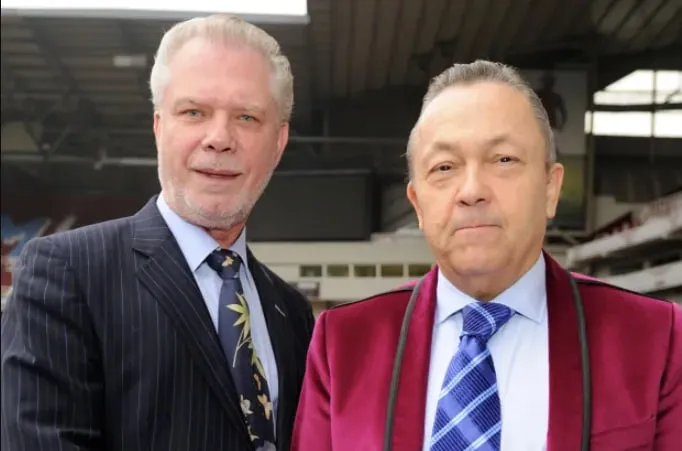The Unshakable Foundation: Sullivan and Gold’s West Ham Legacy
In an era where Premier League clubs are increasingly becoming playgrounds for foreign investors, West Ham United stands as a defiant exception. Co-owners David Sullivan and David Gold, who acquired the club for £105m six years ago, have emphatically shut down speculation about a potential sale—despite the club’s soaring valuation and strategic advantages.
What makes this stance remarkable? West Ham’s resurgence as a Premier League mainstay, their impending move to the iconic Olympic Stadium, and their prime London location have all heightened their appeal to deep-pocketed suitors. Yet, Sullivan’s message is clear: “We have zero desire to sell unless the King of Saudi Arabia or the Sultan of Brunei come along.”
West Ham’s ownership duo, David Sullivan (left) and David Gold (right), remain committed to their long-term vision for the club.

The London Factor: A Magnet for Players and Investors Alike
Why Foreign Buyers Are Circling
The Premier League’s global allure has turned clubs into lucrative assets, with American and Asian investors particularly active. Recent deals include Crystal Palace’s stake sale to US businessmen Josh Harris and David Blitzer and Everton’s potential £200m takeover talks. However, Sullivan remains unmoved, even by nine-figure offers: “If someone offers us a couple of hundred million pounds tomorrow, we are not selling—it’s as simple as that.”
West Ham’s London base is a unique advantage. As Sullivan notes, “Foreign players come to England for the money and because their wives want to live in London.” This geographic edge not only aids recruitment but also amplifies the club’s commercial potential.

Strategic Stability Over Quick Profits
Debt Management and Future Plans
While Sullivan entertains the idea of selling a minority stake to alleviate debts, he envisions a family-led succession: “Our kids will take over from us. We love West Ham; we’re not going anywhere.” This long-term approach contrasts sharply with the profit-driven strategies of many foreign owners.
Transfer Market Realities
Manager Slaven Bilic may have to wait until summer for a £30m war chest, as January signings are unlikely. Yet, Sullivan’s restraint aligns with Financial Fair Play principles—a rarity in today’s spend-heavy climate.
Expert Insight: Why Sullivan’s Stance Matters
John Carter, a football finance analyst at Linebet, explains: “Sullivan’s refusal to sell reflects a deeper trend—local owners prioritizing legacy over quick returns. West Ham’s London identity and stadium deal make them a sleeping giant, but Sullivan bets on organic growth rather than foreign capital.”
Conclusion: West Ham’s Unwavering Identity in a Globalized League
West Ham Ownership Standoff: Why Sullivan Rejects Foreign Takeovers Amid Premier League Investment Boom—this isn’t just a headline; it’s a statement of intent. In a league increasingly dominated by overseas money, Sullivan and Gold’s commitment to tradition and gradual growth offers a compelling alternative.
For more cutting-edge analysis, stay tuned to Linebet—your home for tactical deep dives and ownership insights in the world of football.
What’s your take? Should more clubs resist foreign investment, or is it inevitable? Share your thoughts below!
